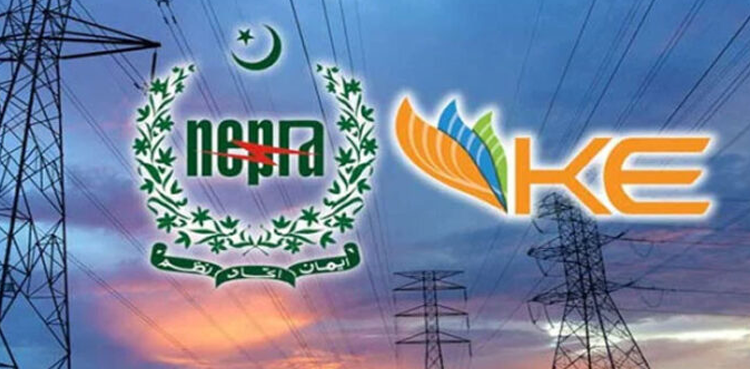Regulatory Actions and Refund Directives for Power Distribution Companies
The National Electric Power Regulatory Authority (NEPRA) has issued several directives concerning the refund of overcharged amounts to consumers by state-owned power distribution companies (Discos) and K-Electric. These actions stem from discrepancies in fuel cost adjustments, which have been a point of contention between the regulator and various stakeholders.
Fuel Cost Adjustments and Refunds
In its decisions, NEPRA has allowed negative adjustments of Re0.50 per unit for Discos against the positive adjustments of Re0.10 per unit they claimed for May’s monthly Fuel Cost Adjustment (FCA). This adjustment was based on the actual fuel costs recorded for the month. The actual fuel cost was found to be Rs6.8972 per unit, which is Rs0.4952 less than the reference tariff of Rs7.3925 per unit. As a result, Discos were directed to refund this amount to consumers in July billing.
On the other hand, K-Electric had sought a refund of Rs4.69 per unit to consumers, with an impact of Rs7.713 billion, for April 2025’s FCA. However, after considering deductions related to partial load, open cycle, degradation curves, and startup costs, NEPRA approved a refund of Rs4.0349 per unit. This decision was made after retaining Rs0.8 billion from the pending costs, which are still under review.
Financial Implications and Pending Amounts
K-Electric had initially claimed Rs16 billion for various costs associated with partial load, open cycle, and degradation curves from July 2023 to April 2025. NEPRA had provisionally retained Rs15.2 billion from FCAs between November 2024 and March 2025 to avoid burdening consumers later. As of April 2025, Rs0.8 billion remains pending on these claims.
To ensure timely recovery of prudent costs without overburdening consumers, NEPRA decided to withhold the Rs0.8 billion from the instant FCA of April 2025. This action results in a negative FCA of Rs4.0349 per unit, impacting Rs6,176 million for the month of April 2025, which will be passed on to consumers in the July 2025 billing.
Legal and Policy Considerations
NEPRA has also rejected the Ministry of Energy’s request to defer the FCA proceedings for K-Electric, stating that such a move would be premature without a formal Cabinet decision. The regulator emphasized that provisional FCA proceedings have been ongoing for approximately two years, yet no objections were raised regarding the reference Fuel Cost Ceiling (FCC) of Rs15.9947 per unit.
According to the NEPRA Act, adjustments in approved tariffs can be made on a monthly basis, provided they occur within seven days. While these timelines are directory rather than mandatory, the regulator stressed the importance of adhering to them to maintain transparency and fairness.
Uniformity in Tariff and Subsidies
The NEPRA Act ensures uniformity in tariffs for public sector licensees. However, the National Energy Policy 2021 allows the government to maintain a uniform consumer-end tariff for K-Electric and state-owned distribution companies, even post-privatization, through direct or indirect subsidies. This raises questions about whether the current regulations support the uniformity of FCAs.
Additionally, the pendency of Meter Load Reports (MLRs) does not prevent the Authority from proceeding with FCA hearings, as there is no stay in place. NEPRA has reiterated its commitment to ensuring fair practices while safeguarding consumer interests.
Conclusion
The regulatory actions taken by NEPRA reflect a balanced approach to addressing fuel cost discrepancies while protecting consumers from excessive charges. The decisions emphasize the need for transparency, adherence to legal frameworks, and the importance of maintaining equitable pricing for all stakeholders involved in the power sector.

